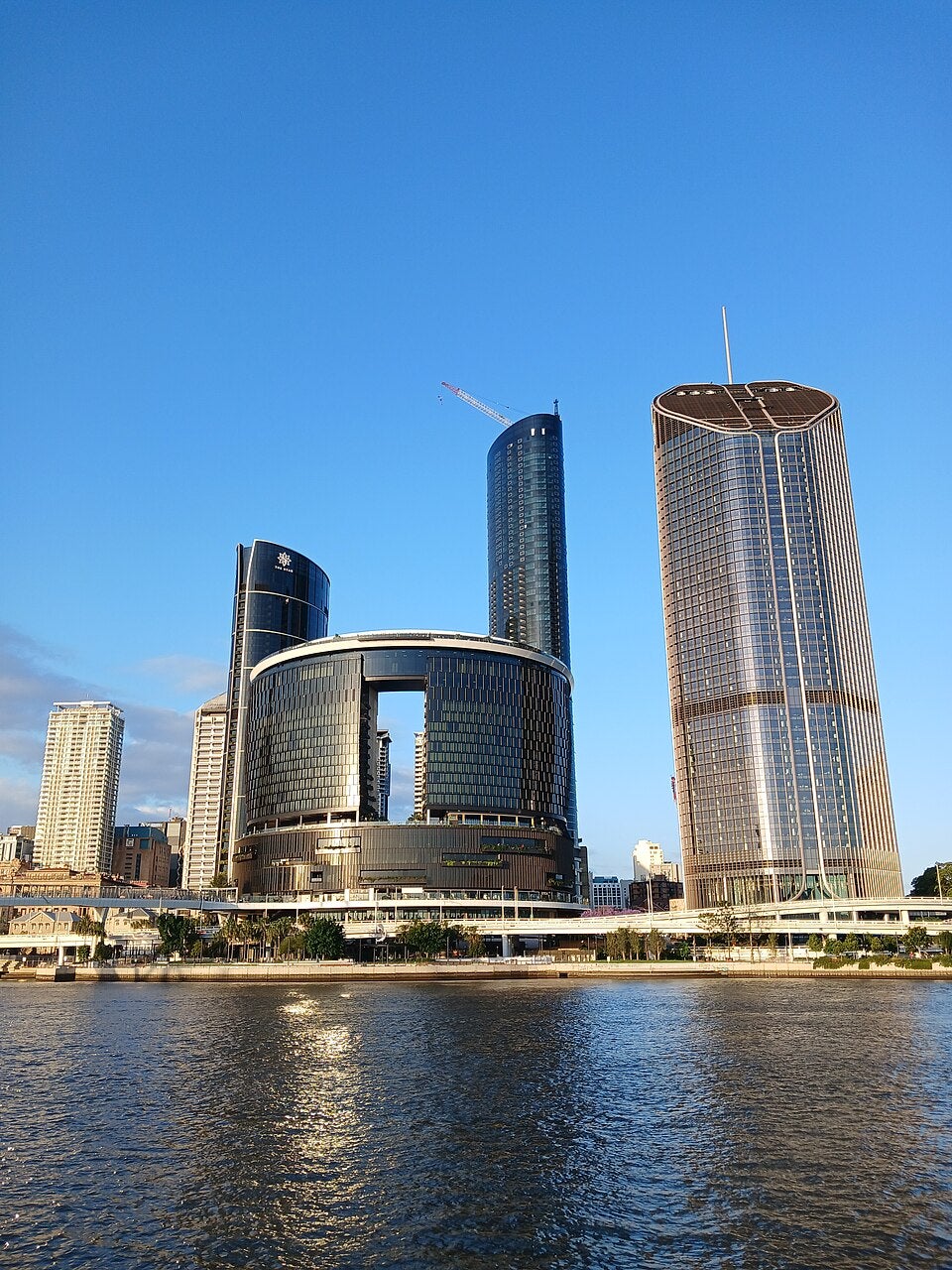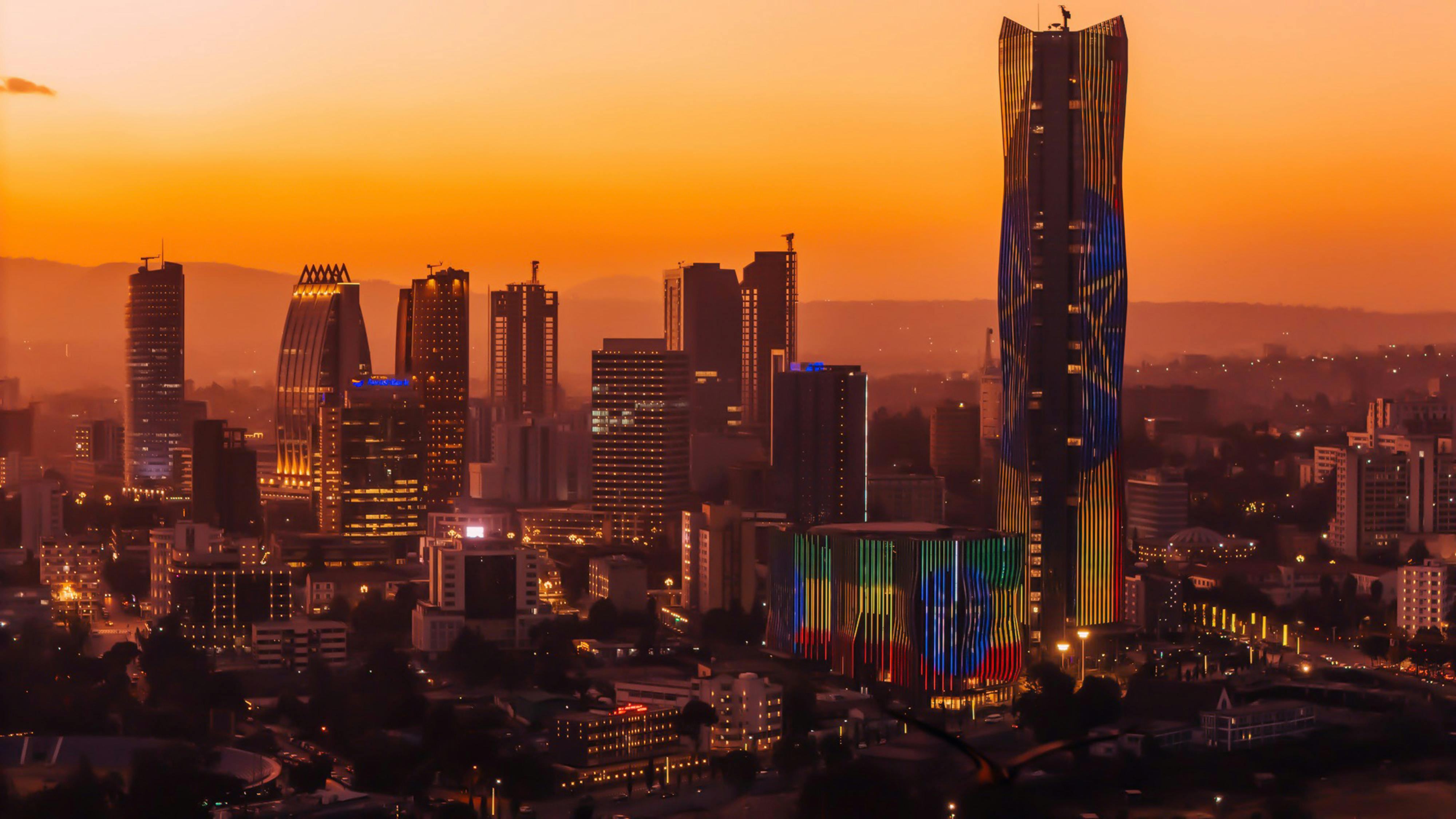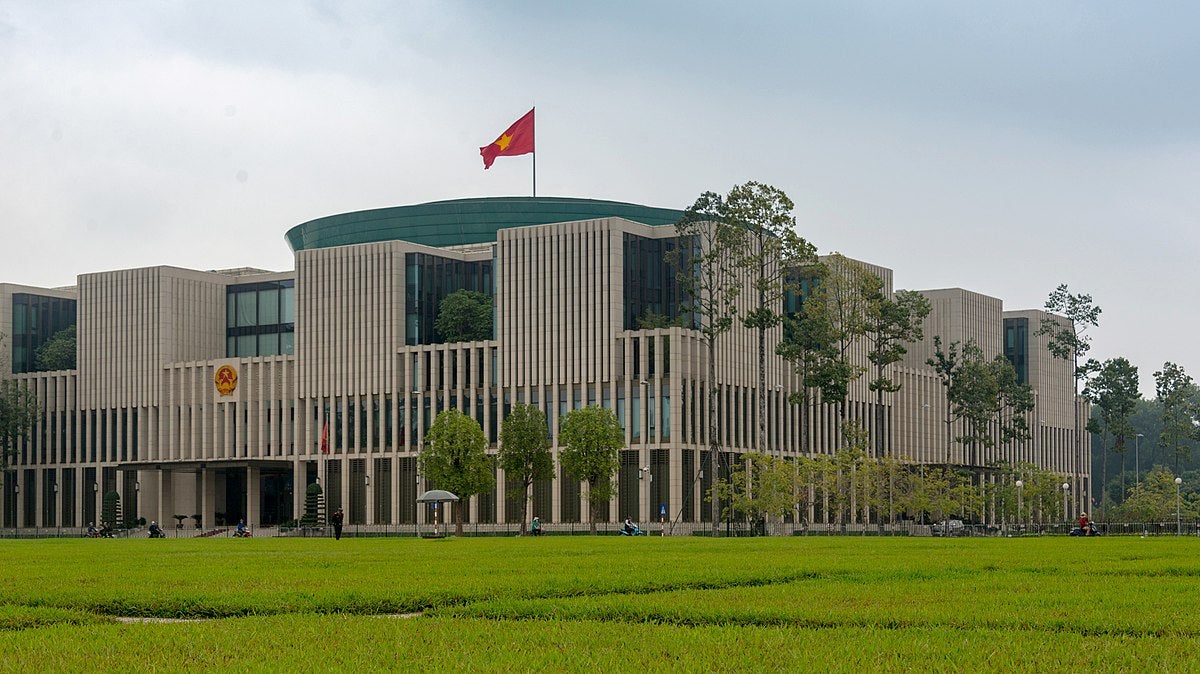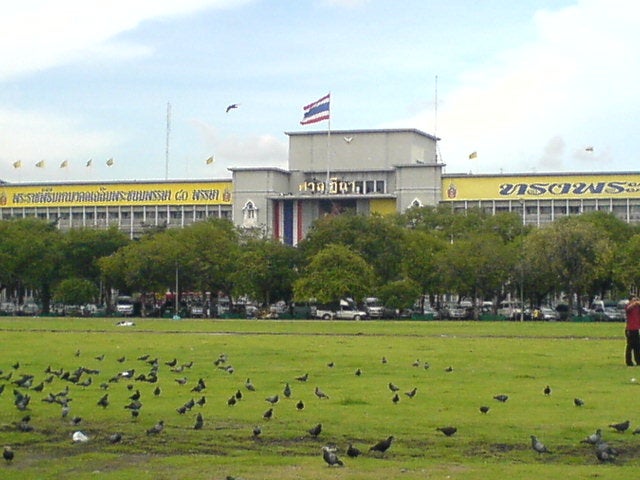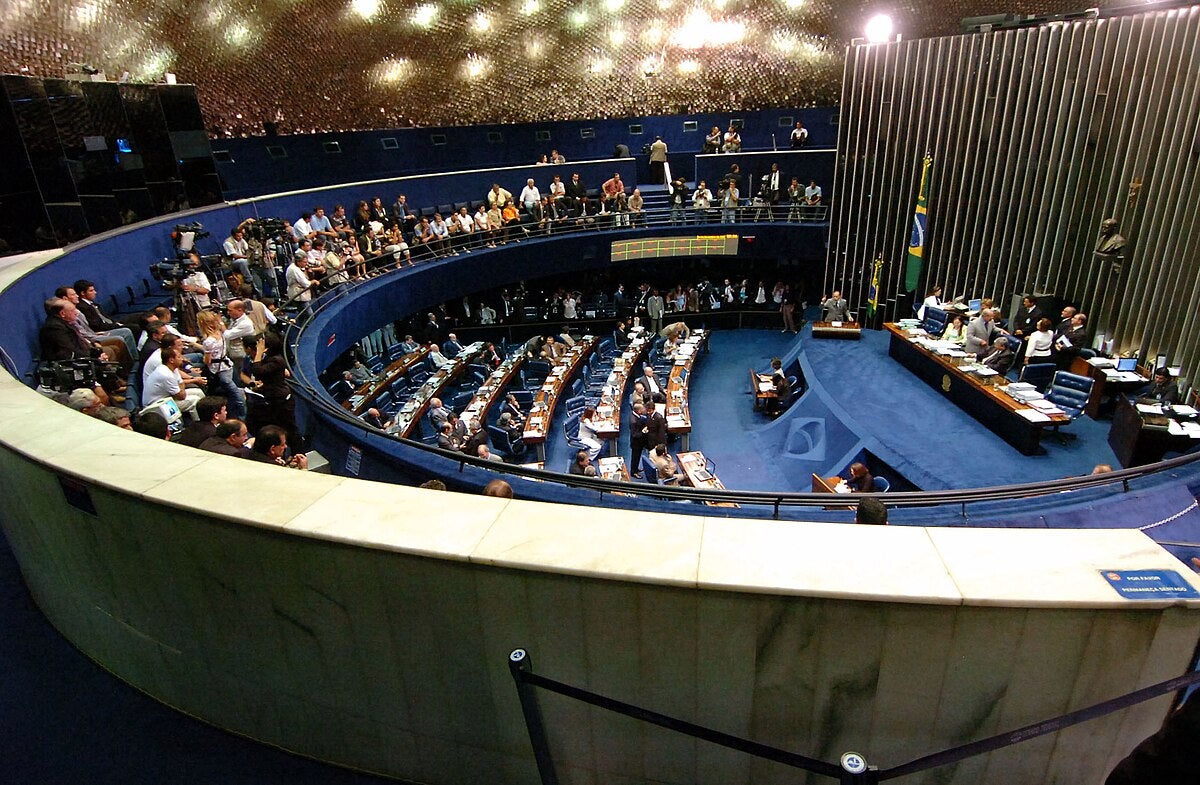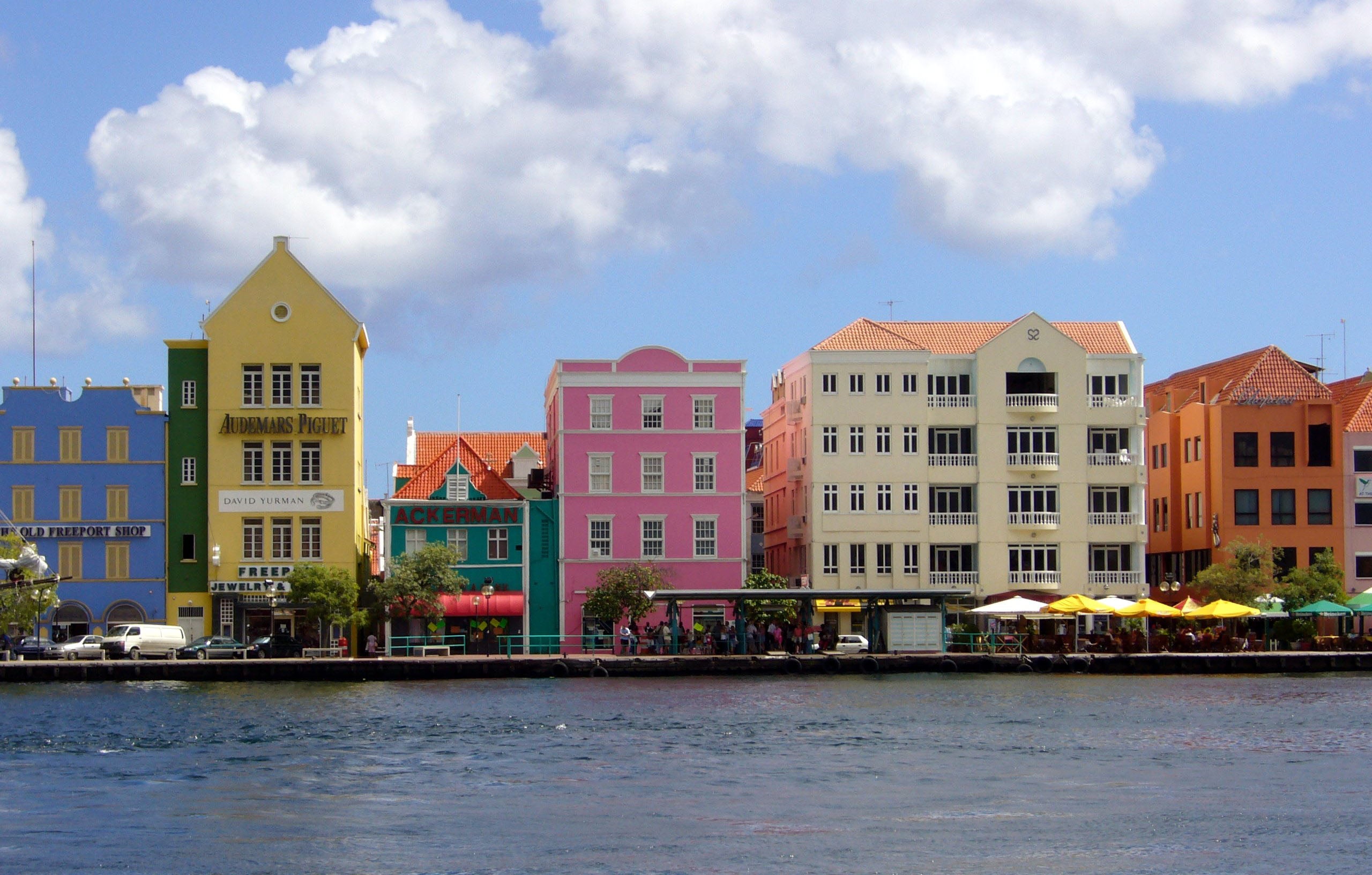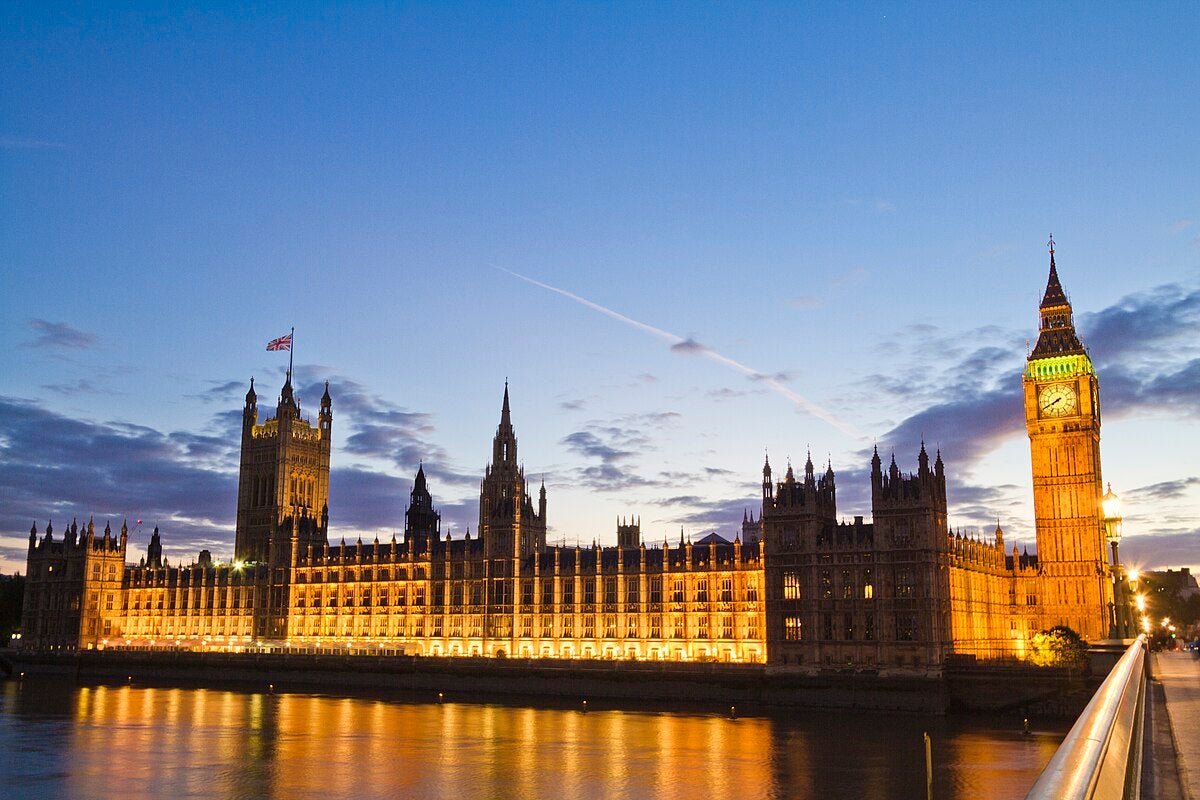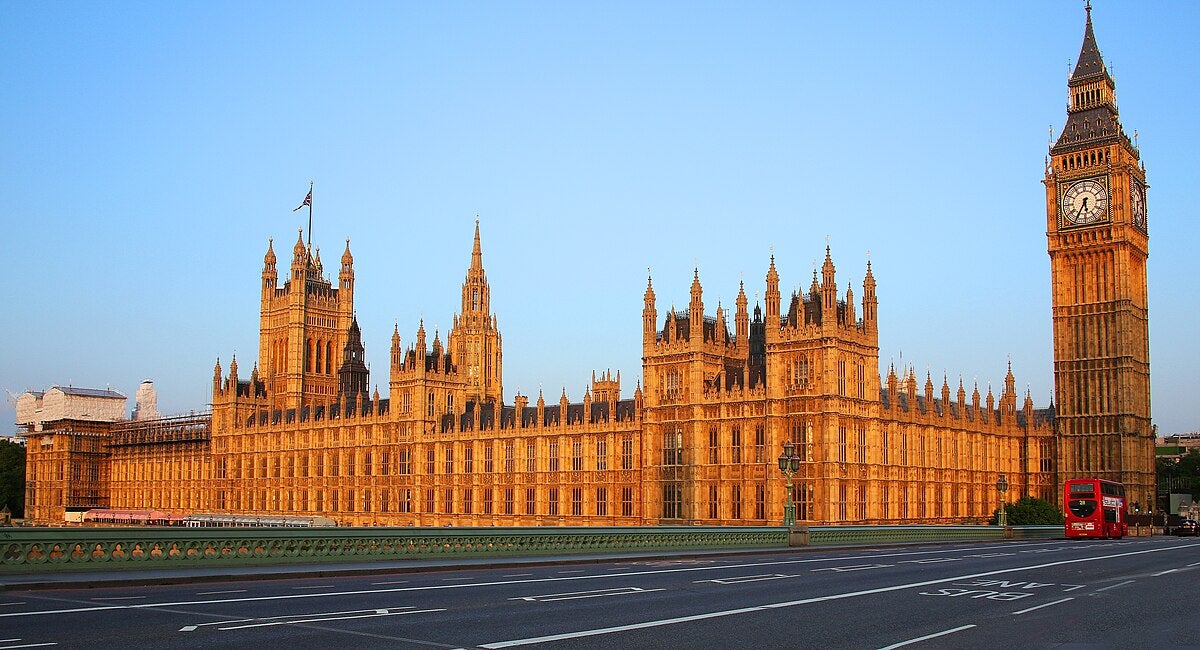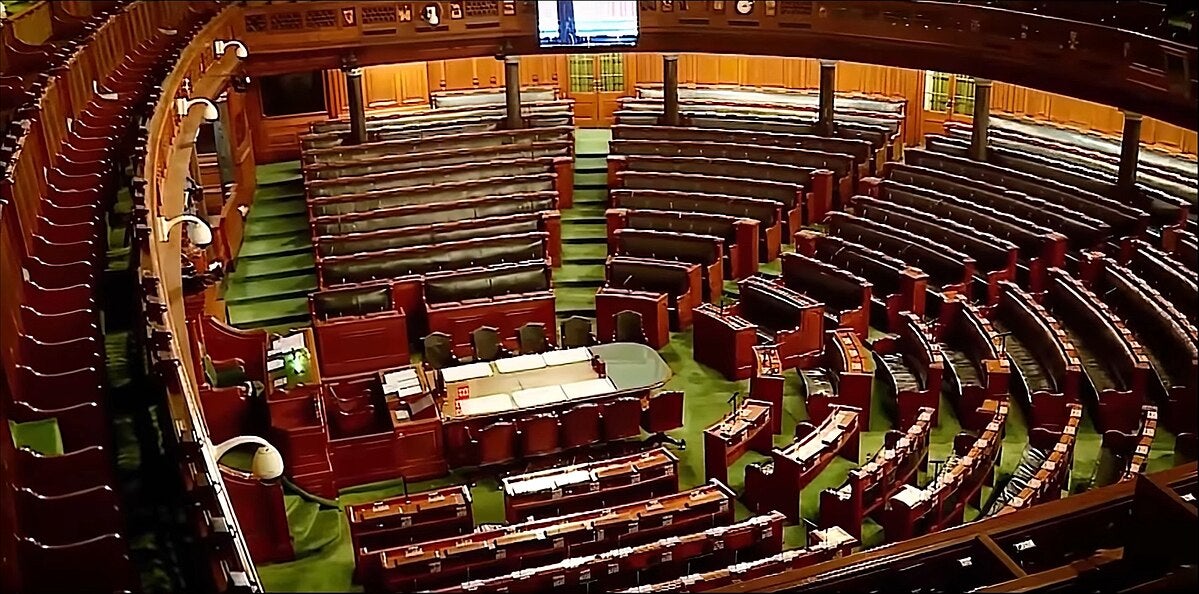Regulatory Scope
GRA will extend its oversight to Colombo Port City, an economically rich zone on Colombo’s western coast featuring integrated resorts and casinos. This area is central to Ski Lanka’s infrastructure modernization. Therefore, it will become a focal point for establishing standardized gambling practices, especially for brick-and-mortar casinos nationwide.
The authority’s mandate will include offshore gaming vessels anchored near the port and digital platforms targeting locals. Entities within Port City’s special economic zone must adhere to revised tax protocols and operational audit requirements. Officials emphasized that the GRA’s framework will integrate measures that meet international standards for online operators. This will ensure compliance with age restrictions and global anti-fraud measures.
Responsible Gambling Safeguards
GRA’s framework will introduce self-exclusion platforms, transaction audits, and age verification to curb problem gambling. These measures are a response to rising public concerns over addiction risks. Speaking at a recent briefing, cabinet spokesman Dr. Nalinda Jayatissa underscored the importance of the bill’s approval in competing regionally while mitigating regulatory shortfalls, particularly in the sports betting sector.
This reform coincides with the final launch of the City of Dreams integrated resort under construction near Colombo Port City. The casino complex is scheduled for a Q3 2025 launch. Analysts project the IR, featuring luxury amenities and gaming floors, will propel tourism-linked revenue generation. Its success relies on stringent oversight, given its proximity to Port City’s offshore gambling zone.
Gambling Tax and Entry Fee Reforms
The draft bill aligns with Sri Lanka’s tightened controls for the gaming sector, such as doubling casino entry fees to $100. Turnover taxes were also raised from 15% to 18%. These collective measures have already received Cabinet approval and seek to curb illegal gambling while increasing state revenue streams. The bill now advances to parliament for further review, where debates may address enforcement measures before ascending to law.







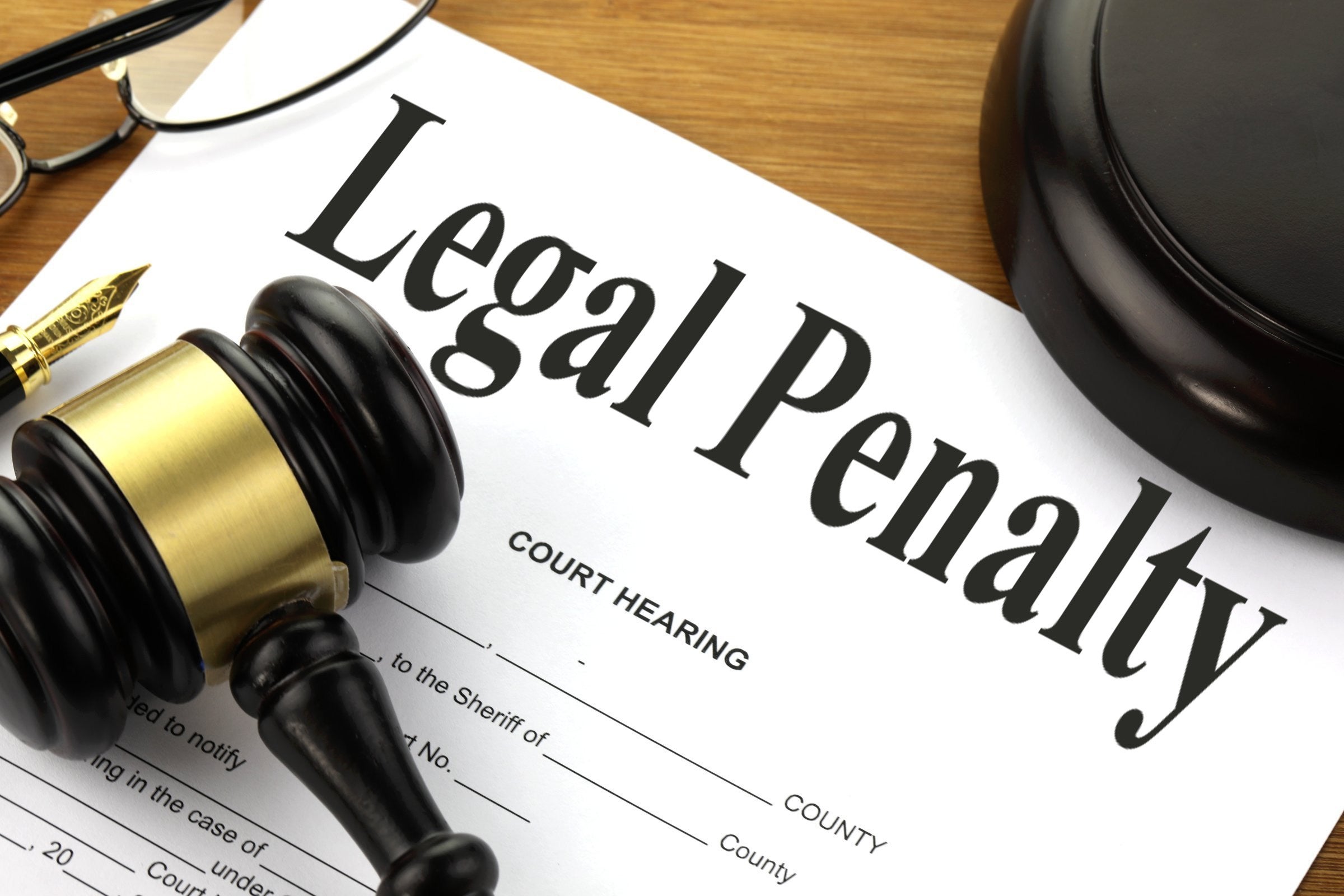



.jpg)


